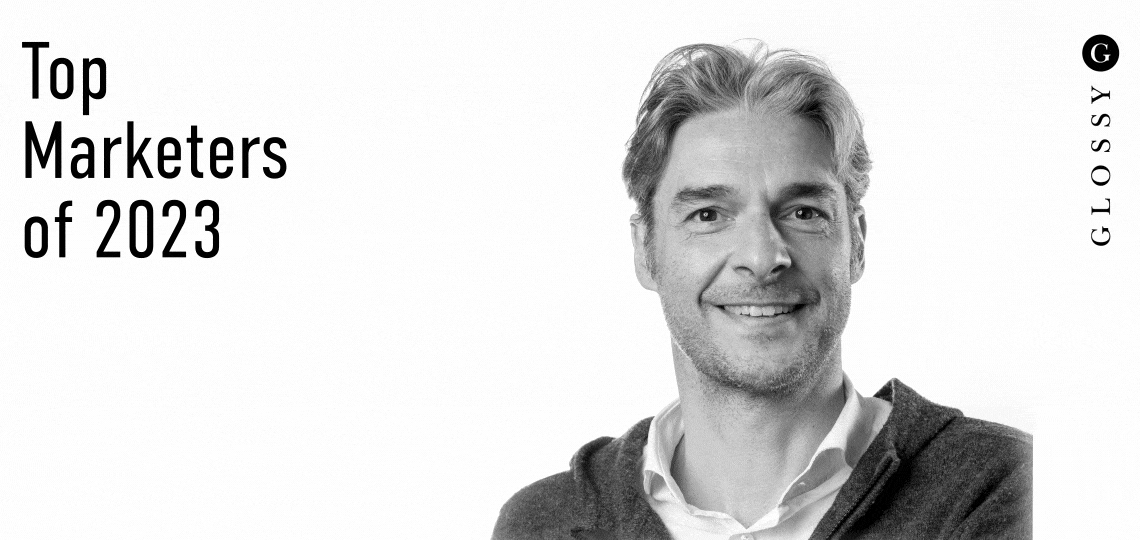When it comes to brands taking a stand against traditional societal beauty norms through marketing and advertising, Dove is a pioneer. The personal care brand, owned by consumer goods company Unilever, has launched multiple campaigns in the last two decades, taking a stand against harmful beauty filters and the sexualization of women and young girls.
“Beauty standards are not superficial. They have a human and financial cost that we must all address and work together to campaign for change, so that a positive relationship with beauty can be accessible to all and everyone can reach their full potential,” Dove CMO Alessandro Manfredi said in an October 2022 interview with Glossy.
Dove has been actively working to dismantle toxic beauty ideals for decades. Fifteen years ago, it introduced its first body-positive campaign, dubbed Evolution, which pointed out the harmful side effects of Photoshop. Nearly 20 years ago, it launched the Self-Esteem Project, aimed at helping young people overcome negative body image.
According to Manfredi, who has led Dove through many of its most impactful marketing campaigns since joining the company more than 17 years ago, the brand’s authentic, purpose-led marketing strategy has contributed to its year-over-year revenue growth.
Unilever’s fiscal year 2022 earnings report showed that its personal care category saw 7.9% underlying sales growth for the year, with its biggest brand, Dove, leading the charge. Marketing and consumer insights company Statista values the company at $5.1 billion.
Adding to Dove’s purpose-driven marketing momentum, in October 2022, the brand launched the Real Virtual Beauty Coalition. The purpose was to encourage developers to create a healthier, more diverse representation of women and girls in video games.
More recently, in March, Dove partnered with advertising agency Ogilvy to release the #TurnYourBack campaign, a direct response to TikTok’s controversial but viral Bold Glamour beauty filter. The campaign encouraged consumers to take a stand against the filter’s implications. And in April, Dove built on the Self-Esteem Project with the Campaign for Kids Online Safety, focused on raising awareness of the ties between mental health and social media. Dove tapped body-positive activist and musician Lizzo to participate in the campaign.
As Dove works to shatter unhealthy beauty standards through its marketing campaigns, the brand’s unapologetic approach to addressing uncomfortable topics puts it at the forefront of purpose-led marketing.
“Legal protections against discrimination based on narrow beauty standards and racist and gendered systemic biases need to be in place, and Dove is committed to progressing these efforts as we work to change beauty,” Manfredi said in an earlier interview with Glossy.
Click here for the full list of top marketers.




